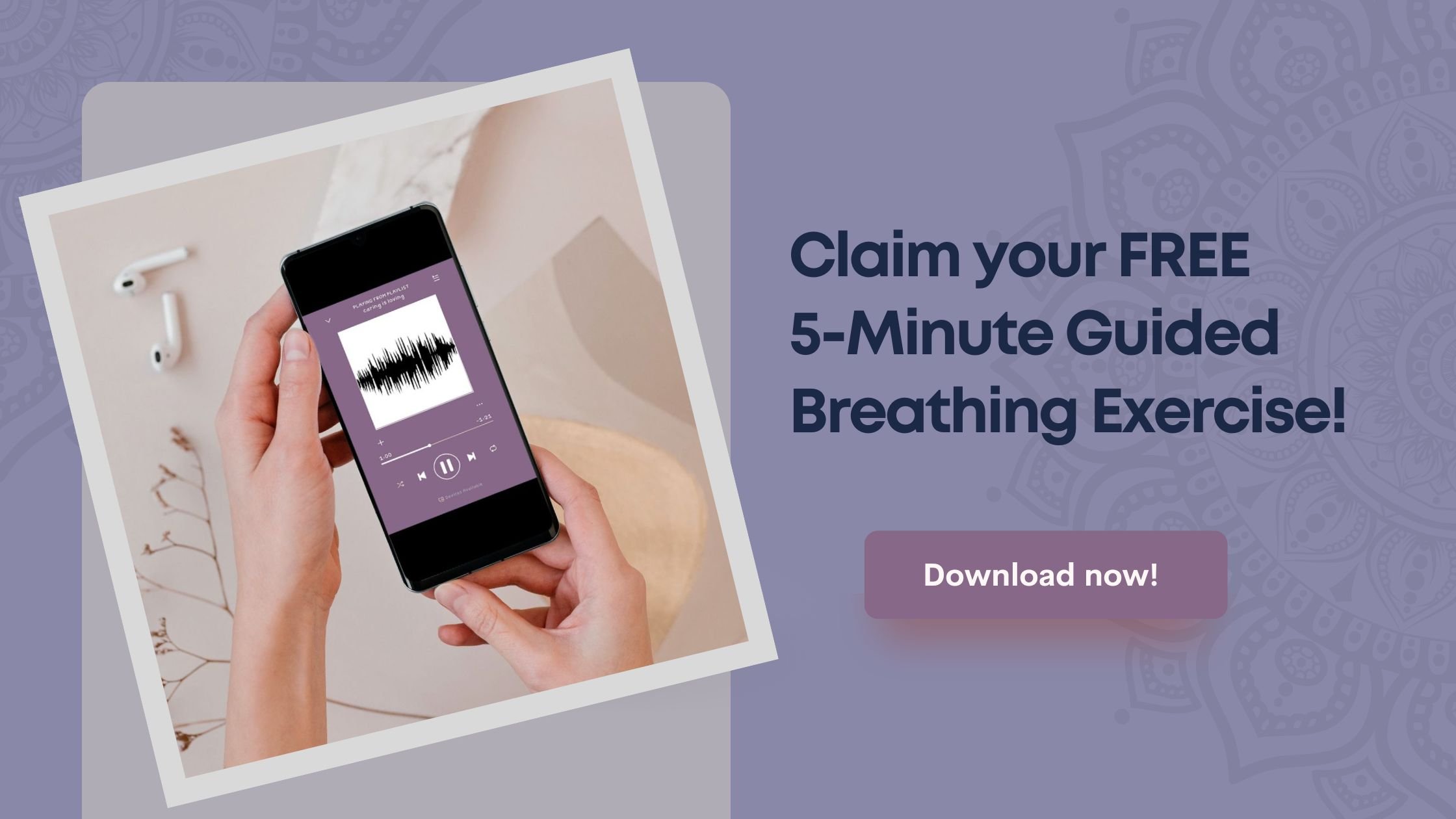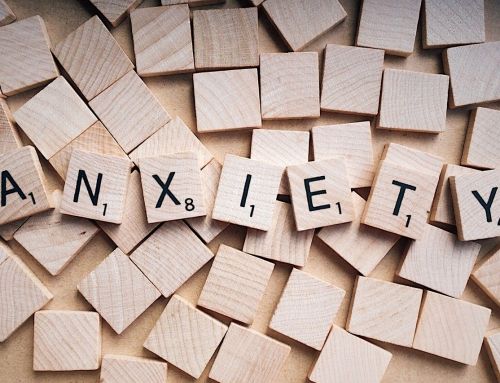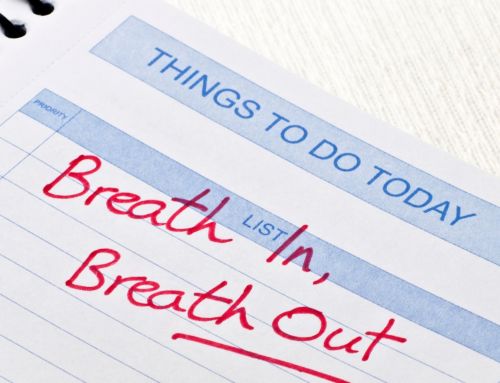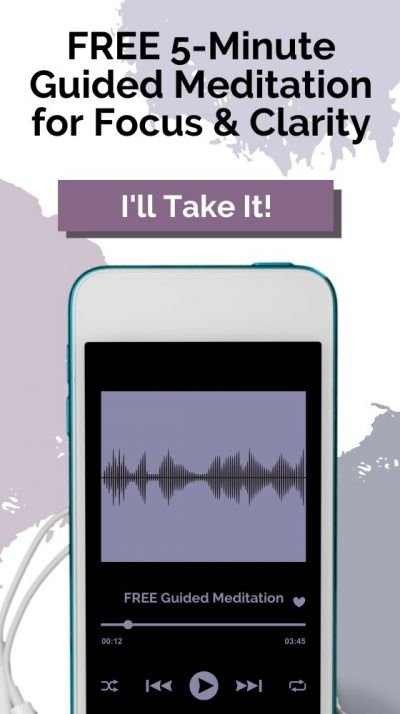From Stress to Relaxation: The Power of Deep Breathing vs Shallow Breathing

When it comes to breathing, what’s the big deal with deep breathing vs shallow breathing? Most of us instinctively default to shallow breaths, or breathing from the chest. This kind of breathing is less efficient than deep abdominal breathing, and can contribute to feelings of anxiety and stress. Deep breathing has a number of benefits that can help us relax and feel better both physically and mentally.
Taking deep breaths from the abdomen rather than the chest helps to oxygenate the blood and improve circulation. It also massages the internal organs and helps to release tension in the body. In addition, deep breathing slows down the heart rate and encourages relaxation.
So next time you’re feeling stressed or anxious, try taking some slow, deep breaths from your belly. You may be surprised at how much better you feel!
What is deep breathing?
Deep breathing is a simple technique that can help to relax the body and reduce stress. It involves taking slow, deep breaths from the abdomen rather than the chest. Deep breathing increases oxygen flow to the body and brain, promoting relaxation and reducing anxiety. Why does deep breathing work?
When it comes to relaxation, deep breathing is one of the most powerful tools at your disposal. Though it may seem simple, deep breathing can have a profound effect on your overall well-being. Research shows that deep breathing stimulates the parasympathetic nervous system, which helps to lower blood pressure and heart rate. It also helps to relax your muscles, reduce stress, and boost your immune system.
What is shallow breathing?
What’s shallow breathing? Shallow breathing is a common problem that can lead to a number of health problems. When we breathe shallowly, our bodies don’t get the full benefits of oxygen exchange. This can lead to fatigue, anxiety, and a host of other problems.
The good news is that shallow breathing is a fixable problem. By learning to breathe deeply, we can improve our health and well-being. Deep breathing helps to oxygenate our blood and calm our nervous system. It’s a simple, natural way to reduce stress and promote relaxation.
What causes shallow breathing?
There are many things that can cause someone to take shallower breaths, but the most common reason is stress. When we’re stressed, our body goes into fight-or-flight mode and starts to breathe more shallowly in order to get more oxygen to our muscles so we can either fight or run away.
This is an evolutionary response that served us well when we were constantly being chased by predators, but these days most of the things that stress us out are not life-threatening. Unfortunately, this means that our bodies are often in a state of high alert even when there’s no real danger, which can lead to all sorts of health problems.
Shallow breathing can also be caused by certain medical conditions such as asthma, COPD, and heart failure. In these cases, the shallow breathing is a symptom of the underlying condition and not the cause.
Effects of shallow breathing
So, is shallow breathing bad? Can shallow breathing cause anxiety? Shallow breathing is both a symptom of stress and anxiety, and can also be the cause. When we are stressed, our breathing becomes shallower and more rapid. This can lead to feelings of lightheadedness, dizziness, and even chest pain.
When we are stressed, our breathing becomes shallow and fast. This causes our heart rate to increase and our muscles to tense up. Over time, this can lead to health problems such as high blood pressure, heart disease, and other chronic conditions.
Shallow breathing can also be the cause of anxiety. This breathing pattern will also trigger a sympathetic nervous system response causing our body to go into fight or flight mode.
Benefits of deep breathing
The benefits of deep breathing are not just limited to your mental health; this type of breathing can also improve your physical health. Deep breathing helps to oxygenate your blood and increase circulation throughout your body. This can help to reduce tension headaches, lower blood pressure, and ease symptoms of anxiety and depression.
Deep breathing is one of the simplest and most effective ways to relax. When we breathe deeply, it sends a signal to our brain that everything is okay. This activates the parasympathetic nervous system, which helps us to slow down and relax. The connection between breathing and the nervous system has been scientifically proven and there are many studies showing why breathing is so effective at reducing stress.
There are many benefits to deep breathing, including reducing stress, improving sleep, and boosting energy levels. It can also help to improve circulation and strengthen the immune system.
How to fix shallow breathing
The good news is that shallow breathing is a sign that our body is still trying to breathe deeply. We can help it by consciously slowing down our breathing and taking deep, full breaths. Here are some tips on how to do deep breathing:
- Sit or stand up straight with your shoulders relaxed.
- Place one hand on your stomach just below your navel.
- Breathe in slowly through your nose, allowing your stomach to expand.
- Breathe out slowly through your mouth, pushing all the air out of your lungs until your stomach contracts back to its original position.
- Repeat this breathing pattern several times. It’s helpful to practice this exercise at regular intervals throughout the day.
So…What’s next?
Now that you know the difference between shallow breathing vs deep breathing, give it a try. Deep breathing has a host of benefits over shallow breathing – from reducing anxiety and improving cognitive function, to increasing blood circulation and aiding in detoxification. If you’re looking for a simple way to improve your overall health, start by taking some deep breaths.
If you’d like to learn more about how pranayama, yoga breathing, and breathwork exercises affect your nervous system and the types of exercises check out my blog post How Breathwork Works? Effective Practice or Just Woo Woo.













